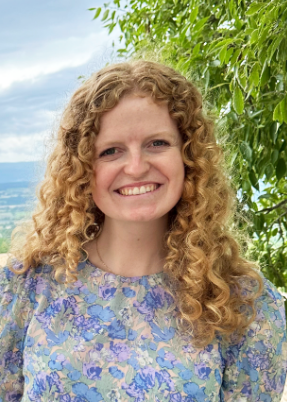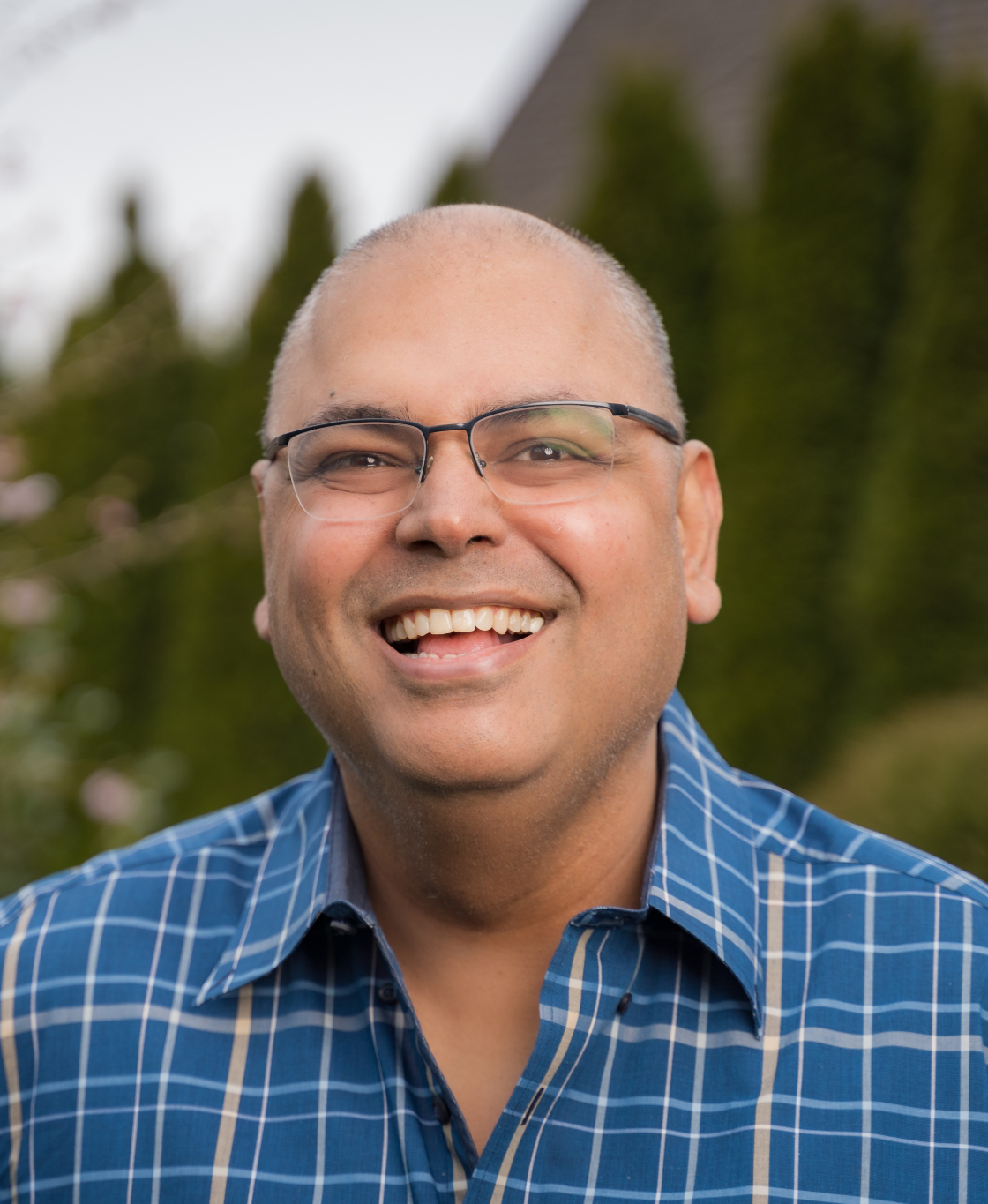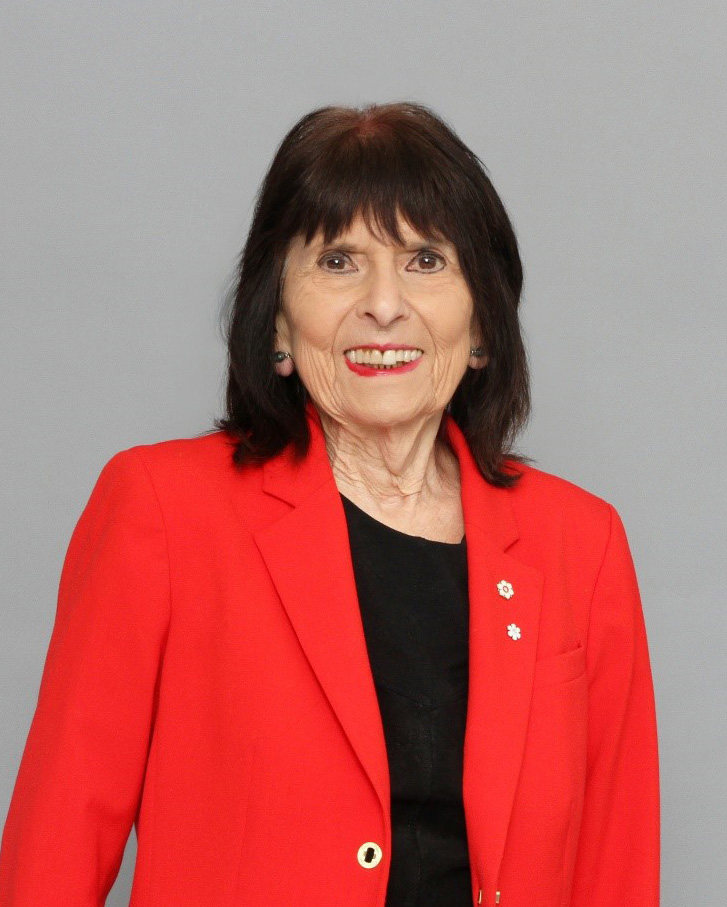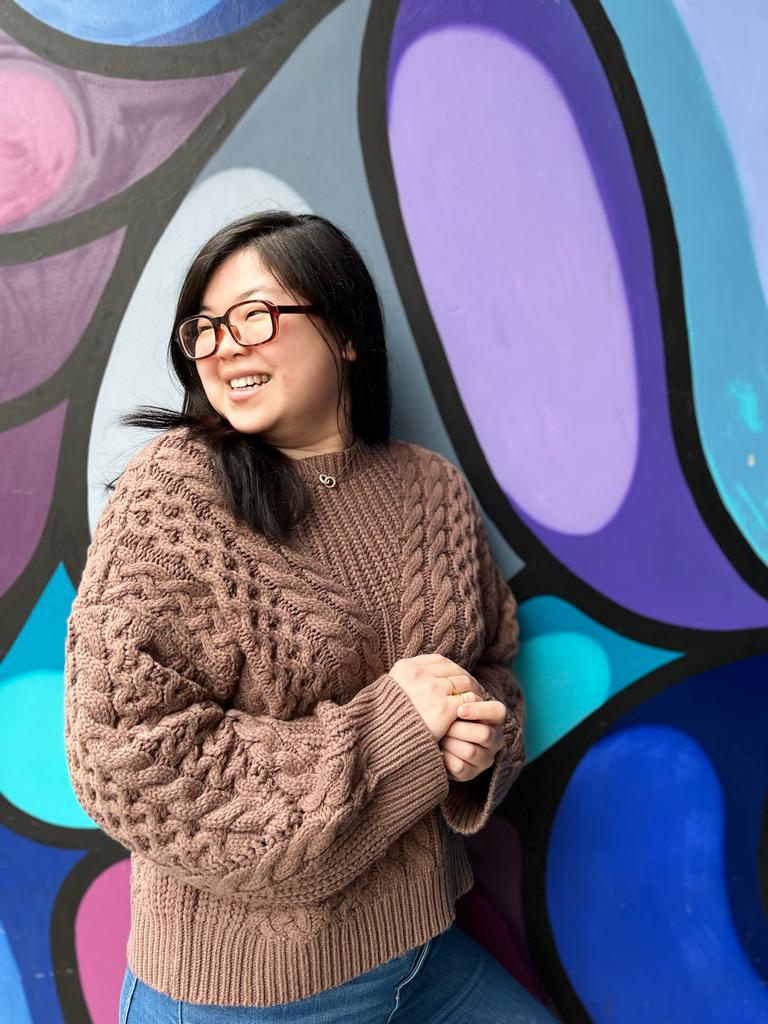Kelsey Beninger
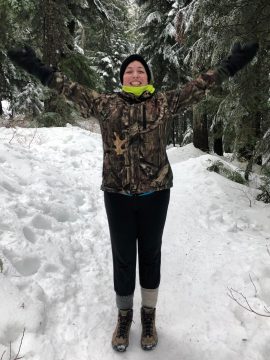
Why did you choose your program at UBC and what did you enjoy most about it?
I chose Psychology because I was curious about how society operated, was developed and how it is ever evolving. I wanted to understand why things were the way they were, so I would better be able to influence real change. I enjoyed how challenging the subject matter was and debating with my classmates.
What were some of your most meaningful experiences at UBC?
Honestly, everything I did outside of coursework! In particular, Arts Co-op was the best decision I ever made. It motivated, challenged and developed me. My placements and the opportunities related to the program helped me focus my interests, develop new skills and refine existing ones.
What choices did you make at UBC that contributed to your career success / journey?
Taking a wide range of coursework, within and outside Psychology, to identify my strengths and interests helped me to see my potential career paths. My range of academic, leadership and athletic extra-curricular activities established essential networks and opened up lots of opportunities to learn and grow, and were helpful in showing prospective employees how well I could multi-task.
What was your first job after graduation and what other jobs did you have before your current position?
Straight after graduation, I took a post as Communications Executive at the City of North Vancouver before I moved to London for my Masters. Since then I’ve held posts in marketing and communications in London at the London School of Economics and a children’s charity called Coram. I transitioned into social research after that and held posts as a Youth Investment Designer for the Big Lottery Fund, and as a social researcher in two research agencies: the National Centre for Social Research and Kantar Public.
Is your current career path as you originally intended? What challenges did you face in launching your career?
Not at all! I didn’t know what I wanted, really. Being a social researcher was a result of my Masters dissertation where I had to do primary research. I loved it and immediately began looking for roles that would let me do that full time.
Challenges aplenty! Working in different countries, my international experience was not accepted until a certain level. I’ve also found it hard to understand an organization’s work culture before taking up a role.
What do you like about your current job and what do you find challenging? How does it relate to your degree?
I love the variety working for a large research agency brings. I work across policy areas and methods, and on large and small research projects. No day is ever the same, and I thrive under pressure, especially knowing the social impact a good study can deliver.
Challenges are the pace, too much work for the resources we have, the ongoing troubleshooting that comes in my senior post and not having enough time to do everything I want!
From your experience, what has been the value of having an Arts degree?
The ability to think strategically, definitely. You won’t remember all of the content, but developing the skills to identify problems, options to mitigate them and the ability to execute solutions are the real value of an Arts degree.
What advice would you give to students and alumni interested in breaking into your industry?
Approach researchers directly and ask for an informational interview (we are always on the interviewing side so it’s nice to talk about ourselves) and building your network are the best way to get in. It is competitive so make sure you have solid degrees, some relevant work experience (it can be experience as a volunteer or from clubs) and passion and curiosity for social change – they will take you a long way.
What advice would you give your graduating self?
Slow down! You have good skills, experience, and the right work ethic and personality to thrive in this industry, you don’t need to do everything to stand out.
Kelsey Beninger



Why did you choose your program at UBC and what did you enjoy most about it?
I chose Psychology because I was curious about how society operated, was developed and how it is ever evolving. I wanted to understand why things were the way they were, so I would better be able to influence real change. I enjoyed how challenging the subject matter was and debating with my classmates.
What were some of your most meaningful experiences at UBC?
Honestly, everything I did outside of coursework! In particular, Arts Co-op was the best decision I ever made. It motivated, challenged and developed me. My placements and the opportunities related to the program helped me focus my interests, develop new skills and refine existing ones.
What choices did you make at UBC that contributed to your career success / journey?
Taking a wide range of coursework, within and outside Psychology, to identify my strengths and interests helped me to see my potential career paths. My range of academic, leadership and athletic extra-curricular activities established essential networks and opened up lots of opportunities to learn and grow, and were helpful in showing prospective employees how well I could multi-task.
What was your first job after graduation and what other jobs did you have before your current position?
Straight after graduation, I took a post as Communications Executive at the City of North Vancouver before I moved to London for my Masters. Since then I’ve held posts in marketing and communications in London at the London School of Economics and a children’s charity called Coram. I transitioned into social research after that and held posts as a Youth Investment Designer for the Big Lottery Fund, and as a social researcher in two research agencies: the National Centre for Social Research and Kantar Public.
Is your current career path as you originally intended? What challenges did you face in launching your career?
Not at all! I didn’t know what I wanted, really. Being a social researcher was a result of my Masters dissertation where I had to do primary research. I loved it and immediately began looking for roles that would let me do that full time.
Challenges aplenty! Working in different countries, my international experience was not accepted until a certain level. I’ve also found it hard to understand an organization’s work culture before taking up a role.
What do you like about your current job and what do you find challenging? How does it relate to your degree?
I love the variety working for a large research agency brings. I work across policy areas and methods, and on large and small research projects. No day is ever the same, and I thrive under pressure, especially knowing the social impact a good study can deliver.
Challenges are the pace, too much work for the resources we have, the ongoing troubleshooting that comes in my senior post and not having enough time to do everything I want!
From your experience, what has been the value of having an Arts degree?
The ability to think strategically, definitely. You won’t remember all of the content, but developing the skills to identify problems, options to mitigate them and the ability to execute solutions are the real value of an Arts degree.
What advice would you give to students and alumni interested in breaking into your industry?
Approach researchers directly and ask for an informational interview (we are always on the interviewing side so it’s nice to talk about ourselves) and building your network are the best way to get in. It is competitive so make sure you have solid degrees, some relevant work experience (it can be experience as a volunteer or from clubs) and passion and curiosity for social change – they will take you a long way.
What advice would you give your graduating self?
Slow down! You have good skills, experience, and the right work ethic and personality to thrive in this industry, you don’t need to do everything to stand out.
